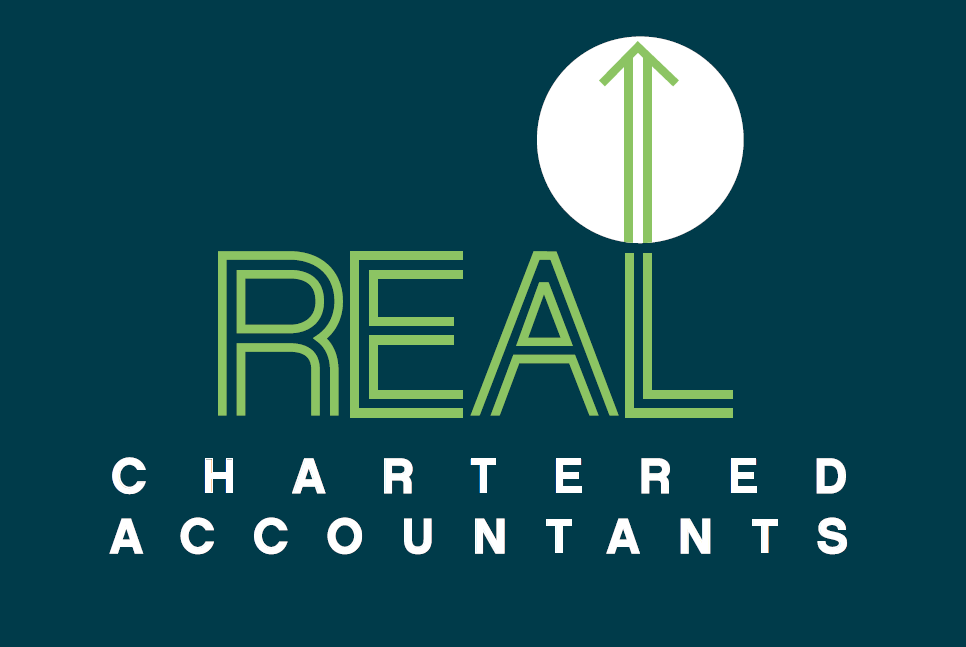NEWS
Short-Term Rental Structuring & Tax Rules in New Zealand (2025 Guide)

A friendly, easy-to-understand guide for Airbnb hosts, bach owners, and everyday property investors.
Short-term rentals remain one of the most popular ways for New Zealanders to generate extra income. But along with the opportunity comes increasing complexity — especially around tax, GST, ownership structures, bright-line rules, and how rental losses are treated.
This 2025 guide breaks everything down in simple terms so property owners can avoid common mistakes and structure their rental activity in the most effective way.
1. Choosing the Best Structure for Your Short-Term Rental
There is no one structure that fits all, an appropriate ownership is determined on a case by case basis. Your ownership structure affects your tax bill, asset protection, GST position, and long-term flexibility. Here are the most common options.
Sole Trader
This is the simplest way to own a short-term rental — especially if you only have one property.
Pros:
• Low cost
• Easy to manage
• No formal structure
Cons:
• No separation between personal assets and rental activity
• Risk of accidentally pulling personal assets into the GST net
• Not ideal for scaling
Best for owners wanting simplicity rather than long-term asset planning.
Joint Ownership or Partnership
Popular with couples, friends, or family members buying together.
Key points:
• Can be joint tenants or tenants in common
• IRD may treat you as a partnership for GST purposes
• Only one GST threshold applies (combined turnover)
A practical option if multiple people are involved, but restructuring later can be messy.
Trusts
Trusts remain a strong option for asset protection and succession planning.
Benefits:
• Protects property from personal risks
• Flexible income distribution
• Long-term estate planning advantages
Considerations:
• Higher cost and compliance requirements
• Trustees must follow strict duties
• Overseas trustees or beneficiaries can trigger extra tax considerations
• GST rules can apply if the trust earns rental income
Trusts can be excellent in the right circumstances — but should be established with advice.
Standard Companies
A standard company provides limited liability, but it’s not always suitable for short-stay accommodation.
Challenges:
• Private use can create deemed dividend issues
• Capital gains may not be easily extracted
• Company tax rate helps only if profits stay in the company
Companies work best for commercial-style operations, not mixed-use properties like baches or holiday homes.
Look-Through Companies (LTCs)
LTCs are a popular and flexible option for small property investors.
Why investors like them:
• Income and losses pass directly to shareholders
• Allows you to separate property activities from personal assets
• Capital gains flow directly to owners
• Still retains the benefits of a company, such as structure and credibility
LTCs are often the “sweet spot” for short-term rental businesses with growth plans.
2. How the Bright-Line Test Affects Short-Term Rentals
The bright-line test remains one of the most important rules to understand when buying or selling property.
Current position: 2-year bright-line period
If you sell residential property within two years, any gain may be taxable.
For short-term rentals:
• Most are treated as residential property
• “Business premises” exemptions typically do not apply
• Restructuring (e.g., moving into a trust or LTC) can reset the bright-line clock
• Subdividing, developing, or expanding the property may trigger other land tax rules
If you plan to sell or restructure, timing is everything.
3. Interest Deductibility for Short-Term Rentals
Interest is generally deductible when it relates directly to income-earning rental activity.
To ensure this:
• The loan should be in the same entity that earns the rent
• Borrowing in the wrong name can break the deduction
• If the activity is considered a business, the rules are more flexible
A well-matched lending structure is one of the easiest ways to avoid IRD problems.
4. Repairs vs Capital Improvements
Not all renovation spending is deductible.
Repairs & Maintenance (deductible):
• Painting
• Minor fixes
• Replacing worn-out fixtures
Capital improvements (not immediately deductible):
• Major renovations
• Upgrading a dilapidated building to make it rentable
• Structural work
Tip:
If the work improves the asset beyond its original state, it’s usually capital.
5. Depreciation on Short-Term Rentals
As of 2024:
• Building depreciation is 0%
• Fit-out depreciation may still apply — especially for commercial-style short-stay accommodation
Maintaining good asset schedules helps maximise what you can claim.
6. Rental Loss Ring-Fencing (Updated for 2025)
This is an area of confusion — so here is the correct and updated explanation, especially regarding LTCs.
Under the ring-fencing rules:
• Rental losses can only offset residential rental income
• Losses cannot reduce salary, wages, or unrelated business income
Pooling Allowed: LTC + Personal Ownership
If you own rentals personally and through an LTC, you can pool the rental profits and losses.
Why?
• An LTC “looks through” for income tax purposes
• Its income and losses are treated as belonging directly to shareholders
This is a powerful advantage for everyday investors.
Pooling Not Allowed: Trusts
Trust-owned rentals cannot be pooled with personally owned or LTC-owned rentals. A trust is a separate taxpayer.
Pooling Not Allowed: Standard Companies
Losses stay inside the company. They cannot offset your personal or LTC rental income.
7. Mixed-Use Asset Rules (Holiday Homes & Baches)
If you have a property that you both use personally and rent out — like a family bach — the mixed-use asset rules apply.
These affect:
• How much of your expenses are deductible
• How private use reduces your tax claims
• Whether losses can be carried forward
This is essential knowledge for anyone renting out a bach on Airbnb.
8. GST on Short-Term Rentals — One of the Biggest Risk Areas
Short-term accommodation is generally a taxable activity for GST.
When you must register for GST:
• Your short-term rental turnover exceeds $60,000 in any 12-month period
When you might need to register even below $60,000:
• You already run another GST-registered business
• The property is genuinely used for commercial accommodation
GST risks many owners don’t know about:
• Changing from short-term to long-term rental requires GST adjustments
• Deregistering can trigger GST on the market value of the property
• Renting to friends or family may require market-value GST
• Mixing taxable and non-taxable assets in one entity can be costly
GST is often the area where property owners get the biggest surprises — and bills.
9. Should You Separate Ownership When You Have Multiple Properties?
Having different entities for different properties can make a world of difference.
Reasons to separate properties:
• Clear GST separation
• Easier sale or restructure
• Better asset protection
• Clearer accounting and tax treatment
• Ability to pool LTC and personally owned rentals, but isolate trust properties
If you have (or plan to have) several properties with different uses, structure really matters.
Conclusion: The Right Structure Can Save You Money, Stress & Tax
Running a short-term rental can be rewarding — but the financial and tax rules are more complex than most people realise. Choosing the right structure upfront helps:
• Protect your family assets
• Maximise tax efficiency
• Avoid GST traps
• Improve flexibility as your portfolio grows
• Prevent expensive issues when selling or restructuring
If you’re buying, restructuring, or planning to use a bach for both family and Airbnb, it pays to get the structure right from day one.
Disclaimer
This information is intended to provide general advice only. We recommend you discuss your specific situation with your Accountant.









